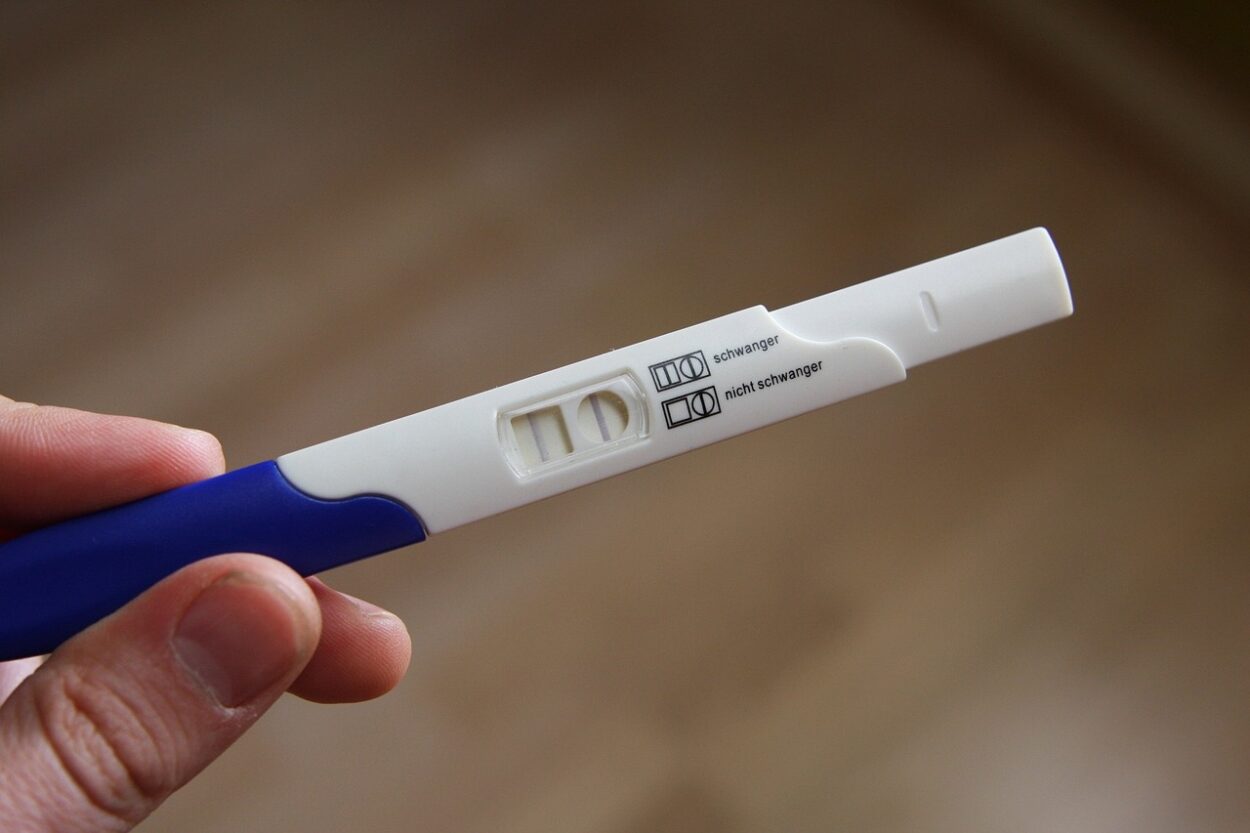It’s common to want to take a pregnancy test as soon as possible after having unprotected sex. But the most accurate results are usually obtained by waiting a few weeks after ovulation.
Ovulation happens around day 14 of the average 28-day menstrual cycle, but women’s ovulation cycles can vary. It also takes a few days for sperm to fertilize an egg.
How do pregnancy tests work?
Pregnancy tests work by detecting a certain hormone, human chorionic gonadotropin (hCG). The earliest you can get a positive result is six days after ovulation. However, you should wait a week or two before taking one because it takes time for the body to produce hCG.
When to take a pregnancy test depends on many factors, including when you last had unprotected sex and the type of test you choose. It is also important to know the best time of day for testing because the accuracy of home tests decreases as the day goes on. For this reason, it is best to take a test first thing in the morning.
The results of a pregnancy test will appear on the screen in the form of a line, color, or symbol. It is important to read the instructions on your specific test carefully before taking it. If the result is positive, you are pregnant. If the result is negative, you are not.
If you suspect you are pregnant, contact your doctor right away. Depending on your situation, they may refer you to a specialist or offer advice over the phone. Some community clinics, Planned Parenthood centers, and other sexual health organizations also provide low-cost tests. In addition, they can help you find a place for free or low-cost abortion care.
How long after sex should I take a pregnancy test?
Many women are concerned they may be pregnant after unprotected sex or when their contraception goes wrong. In these situations, it’s important to understand the best time to take a pregnancy test. For the most accurate results, most doctors recommend waiting until you miss your period. This is because the body does not produce enough of the hormone hCG to be detected in a urine sample until implantation (when a fertilized egg attaches itself to the lining of your uterus) has occurred.
It’s also helpful to remember that a positive result could be a false one. False negatives can occur due to blood in the urine or an evaporation line (which appears when you read the test before your pee has had time to dry). To ensure you’re getting a true result, it’s important to follow the instructions on your specific test kit.
Dr. Hardy notes that some extremely sensitive tests can be used even earlier than the first day of a missed period. However, you’ll likely get the most precise results by waiting until your next expected period arrives, which will usually be about two weeks after ovulation. This is especially important if your menstrual cycle is irregular. You should always consult your doctor to make sure you’re testing at the best time for you. And if you’re worried you’re already pregnant, be sure to talk to your doctor about safe abortion options.
How soon after ovulation can I take a pregnancy test?
Pregnancy tests work by detecting the presence of human chorionic gonadotropin (hCG), but it takes time for your body to produce enough hCG to show up on a test. This is because implantation, the process in your menstrual cycle when an egg is fertilized by sperm, and then the formation of the placenta that will support the pregnancy, is only possible after your egg reaches your uterus. This process takes up to 12 days after ovulation, so there is no point in taking a test any earlier than that.
Some people follow a rule called the “two weeks” rule, which suggests that women wait two weeks after unprotected sex or their expected period before taking a test. This is based on the assumption that your ovulation happened during your fertile window and that you were not using any form of contraception during this period.
However, the accuracy of this rule can be affected by your menstrual cycle length and how predictable it is. The more irregular your period is, the more it will take for you to ovulate, and the less accurate the two-week rule will be.
If you are concerned about a missed or late period, consider a home pregnancy test at the first day of your next period. The instructions for most tests recommend this because, by this time, your hCG levels should be high enough to register a positive result.
How soon after a positive ovulation test can I take a pregnancy test?
In general, it is recommended that women wait until they miss their period to take a pregnancy test. This is because pregnancy tests work by measuring levels of hCG, a hormone that only appears when a fertilized egg attaches to the uterus in a process called implantation. It takes roughly two weeks for the body to produce enough hCG for pregnancy tests to detect.
For many people, knowing if they are pregnant or not can be hard to come to terms with. This is especially true for those who have had unprotected sex, or sex with the use of a condom that was broken or not used properly. For this reason, it is important for individuals to seek confidential support in the event that they receive a positive result on a pregnancy test. There are several ways to do this, including speaking to a family member or friend, GP or a local community sexual health clinic.
If you track your ovulation cycle, you can take a pregnancy test around the time that you are supposed to ovulate. However, you should not take a test before 8 days past ovulation as this can give false results. If you want to test sooner, it is possible to do so using a blood pregnancy test, but this should only be done after seeing your doctor and following their guidance.




Leave a Comment